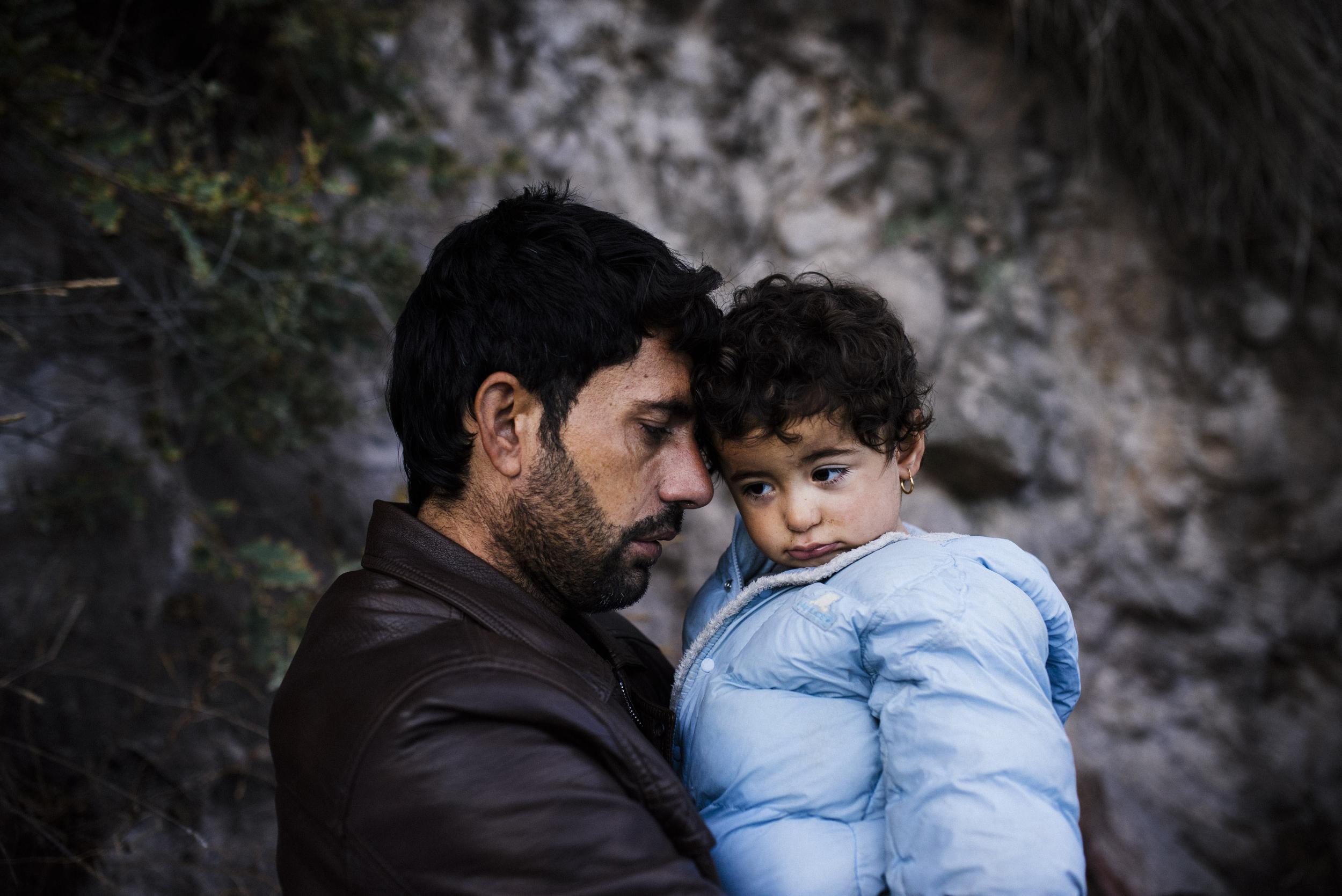Child refugees subjected to genital examinations to prove their age
The tests are 'traumatising' as well as innacurate

Child refugees in Europe are being subjected to genital examinations to prove their age - even though the testing methods may not even be accurate.
Genital examinations are common in many European countries including Germany and Sweden, where being proved under 18 markedly improves the chances of gaining asylum.
In some cases asylum seekers’ sexual organs, pubic hair, body and facial hair, body type and voice are all examined, according to Quartz.
But the thorough physical examinations can still prove inconclusive.
In one report on a young asylum seeker in Saarbrücken in Germany, the examiners found that the development of the outer genitals was of someone aged 14.9 years, whereas the pubic hair was around 15.2 years.
The youth officers also examined the pigmentation of the applicant’s penis as well as his glans and testicles.
According to a study published in the British Medical Bulletin, some children regarded examinations of their sexual organs as abuse, particularly those who had experienced sexual violence and female genital mutilation.
Other tests, such as MRI scans, can prove traumatising in other ways, especially where refugees have experienced extremely cramped conditions in their flight.
Juana Remus, a professor of law at Humboldt University in Berlin, told Quartz: “These scans require people to go into a hole, which can be particularly traumatizing for asylum seekers,”
And the UN’s Committee on the Rights of the Child produced a report condemning Germany’s age assessment process as involving “degrading and humiliating practices,” which didn’t necessarily produce accurate results.
In Sweden many doctors refused to carry out medical tests on asylum seekers whose age claims were disputed.
Gunilla Klingberg, professor of paediatric dentistry at Malmö University, told Quartz: “Nobody wanted to do it because we as doctors take an oath that we should not harm our patients.”
Dental and wrist x-rays are also used in Sweden but these can also be inaccurate with a margin of error of 2-3 years for dental x-rays and 3-4 years for wrist x-rays.
In the UK - where 22 per cent of young people's asylum claims are disputed - a system of interviews is used to see if the applicant behaves like a child or an adult.
But the system is also prone to errors with children as young as 14 being placed in adult detention centres, according to a report by The Refugee Council.
Last year 24,000 unaccompanied minors applied for asylum in Europe, a situation which an OECD report described as: “a particularly striking and worrying characteristic of the current refugee crisis.”
Join our commenting forum
Join thought-provoking conversations, follow other Independent readers and see their replies
Comments